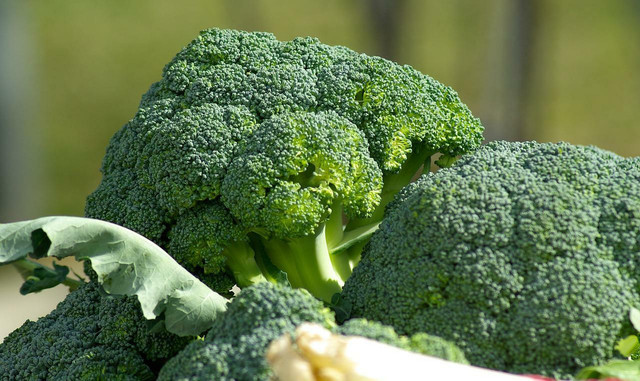
L-carnitine is said to stimulate fat burning and increase performance. But is that even true and for whom can the dietary supplement be useful?
L-carnitine is an amino acid compound that is said to stimulate fat burning and boost performance. That is why L-carnitine should be a recommended dietary supplement, especially for athletes. According to manufacturers, taking high amounts of carnitine should be able to accelerate the production of energy from fat. In addition, L-carnitine is said to only cause the muscles to tire later.
But not only athletes should be able to benefit from L-carnitine. Vegans are also repeatedly suggested that they should take the amino acid compound as a supplement. But how useful is that really?
The body produces L-carnitine itself

(Photo: CC0 / Pixabay / jackmac34)
Our body produces L-carnitine itself – and in healthy people even in sufficient quantities. For this he needs the essential amino acids methionine and lysine in particular. You have to get these amino acids through food. Lysine is found in soybeans, peanuts and lentils, for example.
But L-carnitine itself is also contained in food. The occurrence is particularly high in meat and dairy products. But you can also get L-carnitine from plant-based foods. These include, for example:
- chanterelles
- broccoli
- potatoes
- lenses
- tempeh
Although the occurrence in plant foods is lower than in meat, vegans are usually well supplied with L-carnitine. According to the consumer center, an exception could apply to vegans who do competitive sports, as this increases the consumption of L-carnitine.
If you eat vegan and do competitive sports, it can make sense to consult your doctor to see whether you are optimally supplied with L-carnitine through your diet before you resort to dietary supplements.
Dialysis and chemotherapy patients should also consult with their doctors about an additional L-carnitine intake, as they need more L-carnitine than the body can produce.
L-carnitine: is it useful as a dietary supplement?

(Photo: CC0 / Pixabay / stevepb)
In dietary supplements you will often find L-carnitine as acetylcarnitine, carnitine hydrochloride or carnitine tartrate on the list of ingredients. The consumer center classifies L-carnitine as a dietary supplement as superfluous, since healthy people can form the amino acid compound in sufficient quantities themselves. Manufacturers often recommend a daily dose of three grams of L-Carnitine per day, even though our requirement is only 16 milligrams.
The body cannot utilize the excess L-carnitine, which is why it excretes it in the urine. According to the consumer advice center, a dosage of L-carnitine that is significantly too high can also be associated with side effects:
- Diarrhea
- Bad breath or body odor after eating fish
- over time, L-carnitine can damage arteries and the heart
According to the European Food Safety Authority EFSA, no connection could be found between the intake of L-carnitine and an improved fat metabolism. The effect of the dietary supplement advertised by the manufacturers has therefore not been scientifically confirmed.
Read more on Techzle.com:
- Consumer center clarifies: How safe and effective are dietary supplements?
- Morning exercise: 8 reasons for a morning workout
- Stimulate metabolism: These foods boost fat burning